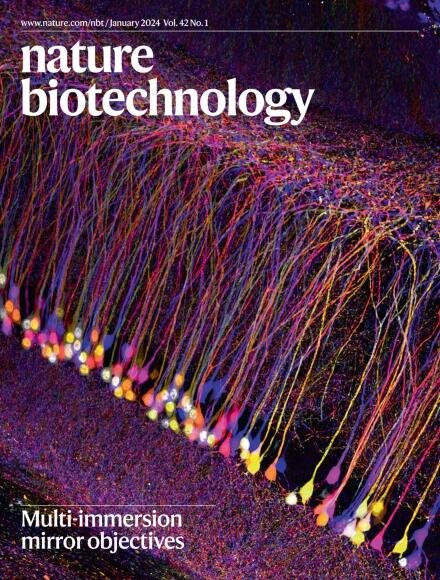FDA推动替代动物试验
IF 41.7
1区 生物学
Q1 BIOTECHNOLOGY & APPLIED MICROBIOLOGY
引用次数: 0
摘要
根据今年4月发布的一份路线图,美国食品和药物管理局计划引入计算模型和其他创新方法,在临床前药物安全性研究中取代动物试验。通过鼓励药物赞助商接受芯片上的器官、芯片建模、类器官和其他体外试验,FDA的目标是在3-5年内减少动物试验,使其成为“例外而不是常态”。FDA的路线图建立在国会通过的2022年FDA现代化法案2.0的基础上,该法案取消了生物仿制药应用中动物试验的要求。本文章由计算机程序翻译,如有差异,请以英文原文为准。
FDA pushes to replace animal testing
The US Food and Drug Administration plans to introduce computational modeling and other innovative methods to replace animal testing in preclinical drug safety studies, according to a roadmap released in April. By encouraging drug sponsors to embrace organ-on-a chip, in silico modeling, organoid and other in vitro assays, the FDA aims to reduce animal testing to the extent that it becomes “the exception rather than the norm” within 3–5 years. The FDA’s roadmap builds on the 2022 FDA Modernization Act 2.0, passed by Congress, which removed the requirement for animal testing in biosimilar biologics’ applications.
求助全文
通过发布文献求助,成功后即可免费获取论文全文。
去求助
来源期刊

Nature biotechnology
工程技术-生物工程与应用微生物
CiteScore
63.00
自引率
1.70%
发文量
382
审稿时长
3 months
期刊介绍:
Nature Biotechnology is a monthly journal that focuses on the science and business of biotechnology. It covers a wide range of topics including technology/methodology advancements in the biological, biomedical, agricultural, and environmental sciences. The journal also explores the commercial, political, ethical, legal, and societal aspects of this research.
The journal serves researchers by providing peer-reviewed research papers in the field of biotechnology. It also serves the business community by delivering news about research developments. This approach ensures that both the scientific and business communities are well-informed and able to stay up-to-date on the latest advancements and opportunities in the field.
Some key areas of interest in which the journal actively seeks research papers include molecular engineering of nucleic acids and proteins, molecular therapy, large-scale biology, computational biology, regenerative medicine, imaging technology, analytical biotechnology, applied immunology, food and agricultural biotechnology, and environmental biotechnology.
In summary, Nature Biotechnology is a comprehensive journal that covers both the scientific and business aspects of biotechnology. It strives to provide researchers with valuable research papers and news while also delivering important scientific advancements to the business community.
 求助内容:
求助内容: 应助结果提醒方式:
应助结果提醒方式:


